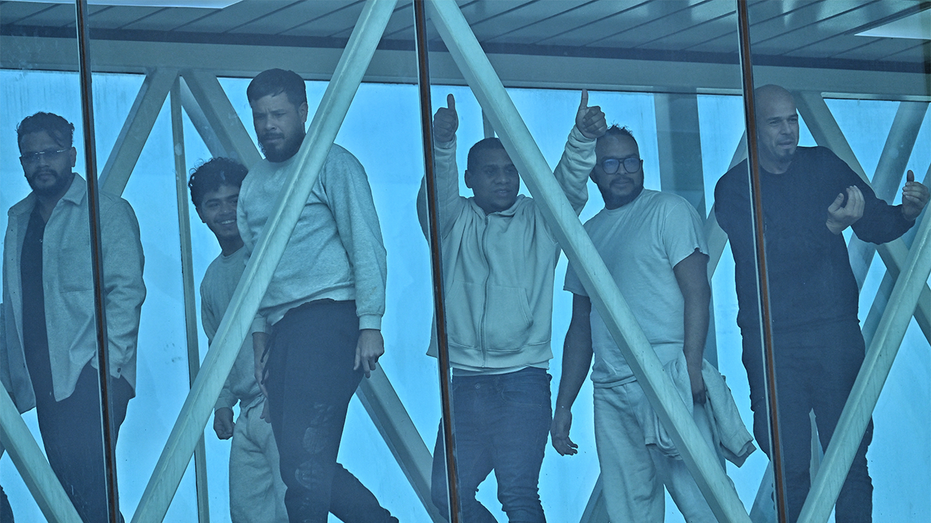Supreme Court Hits Pause on Venezuelan Deportations in Texas, Citing 18th Century Law

Sarah Johnson
April 19, 2025
Brief
The U.S. Supreme Court temporarily blocked deportations of Venezuelan nationals from Texas, challenging the Trump administration's use of the historic Alien Enemies Act amid ACLU appeals.
The U.S. Supreme Court made a pre-dawn move on Saturday, putting a halt—at least temporarily—on the deportation of Venezuelan nationals held in northern Texas. The twist? The legal basis for these removals is the Alien Enemies Act, a law that’s been collecting dust since the 18th century.
The justices instructed the Trump administration to hold off on removing anyone from Texas' Bluebonnet Detention Center "until further order of this court." Justices Clarence Thomas and Samuel Alito weren’t on board with the majority, making their dissent clear.
This latest ruling came after the American Civil Liberties Union (ACLU) rushed in with an emergency appeal. They argued that immigration authorities were trying to revive deportations using the Alien Enemies Act of 1798. According to the ACLU, the government’s notice to detainees didn’t even meet the Supreme Court’s previous requirements—never mind translating it so everyone understood what was happening to them. It’s a little hard to appeal your deportation if you can’t read the paperwork, right?
The Supreme Court, not wasting time, ordered the government to respond to the ACLU’s urgent application as soon as possible. Meanwhile, two federal judges had already declined to intervene, and the U.S. 5th Circuit Court of Appeals is still on the fence, with no decision yet.
For those keeping score, the Alien Enemies Act has only been seriously used three times in U.S. history, most infamously during World War II to detain Japanese-American civilians in internment camps. Now, the Trump administration claims this old law gives them carte blanche to expedite the removal of Venezuelans accused of gang ties, regardless of their immigration status.
The Supreme Court’s order puts these deportations on ice for now, but this legal drama is far from over. The next round will depend on how the government responds—and whether history repeats itself, or maybe learns something for a change.
Topics
Editor's Comments
So the 18th-century Alien Enemies Act is making a comeback in 2025—because nothing says "modern immigration policy" like dusting off a law from George Washington’s days. Maybe next we’ll settle Supreme Court disputes with a duel? Jokes aside, this is a wild intersection of history and current events, and the stakes for these Venezuelan detainees couldn’t be higher.
Like this article? Share it with your friends!
If you find this article interesting, feel free to share it with your friends!
Thank you for your support! Sharing is the greatest encouragement for us.



